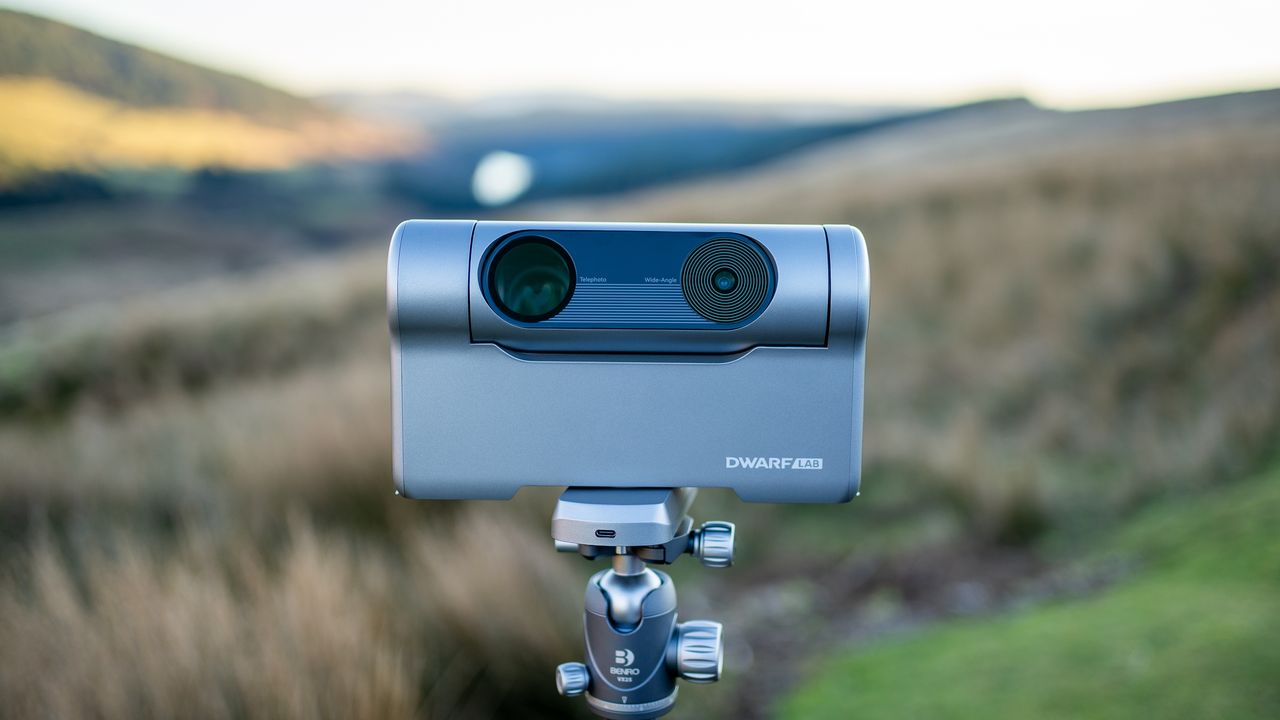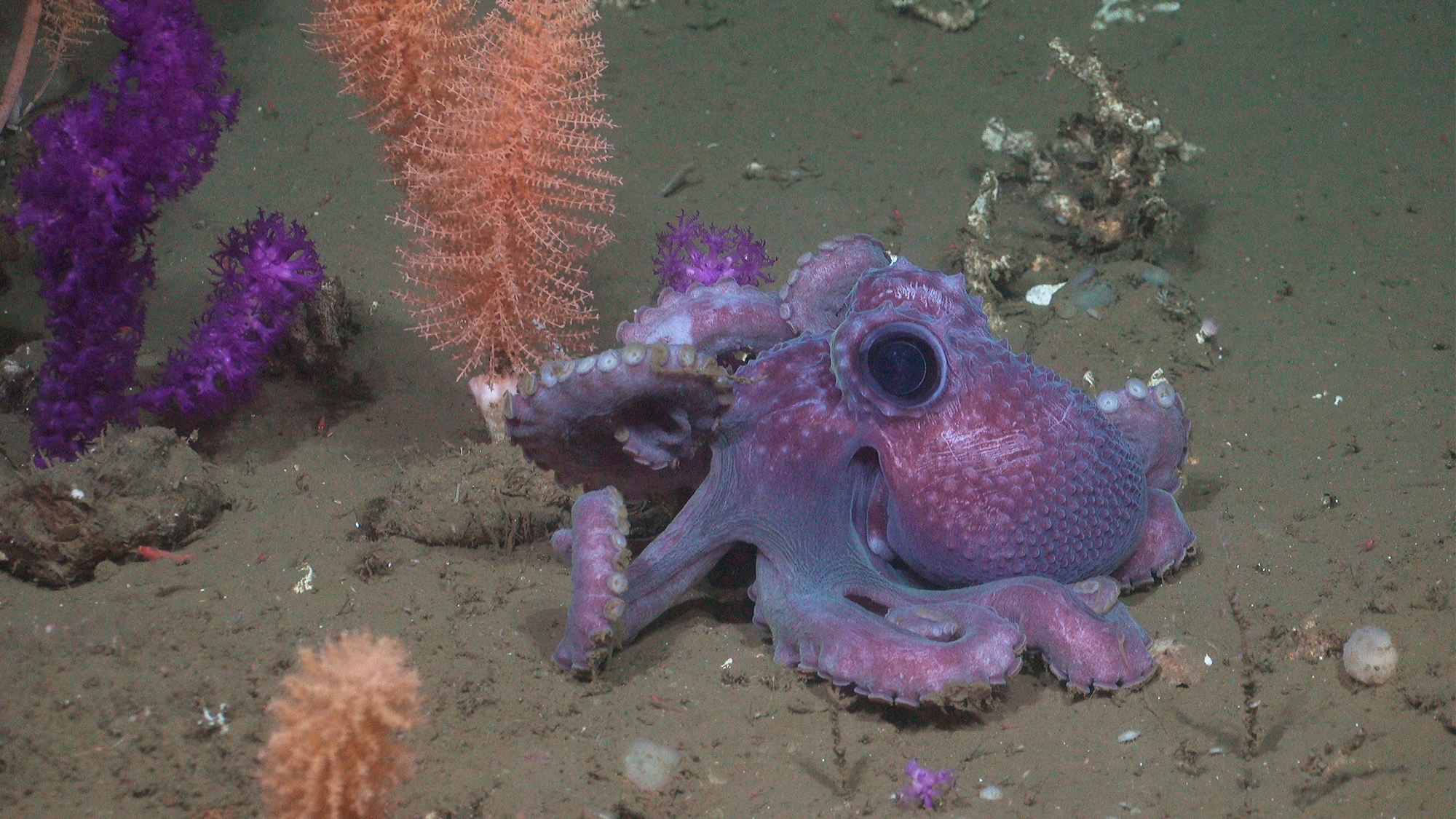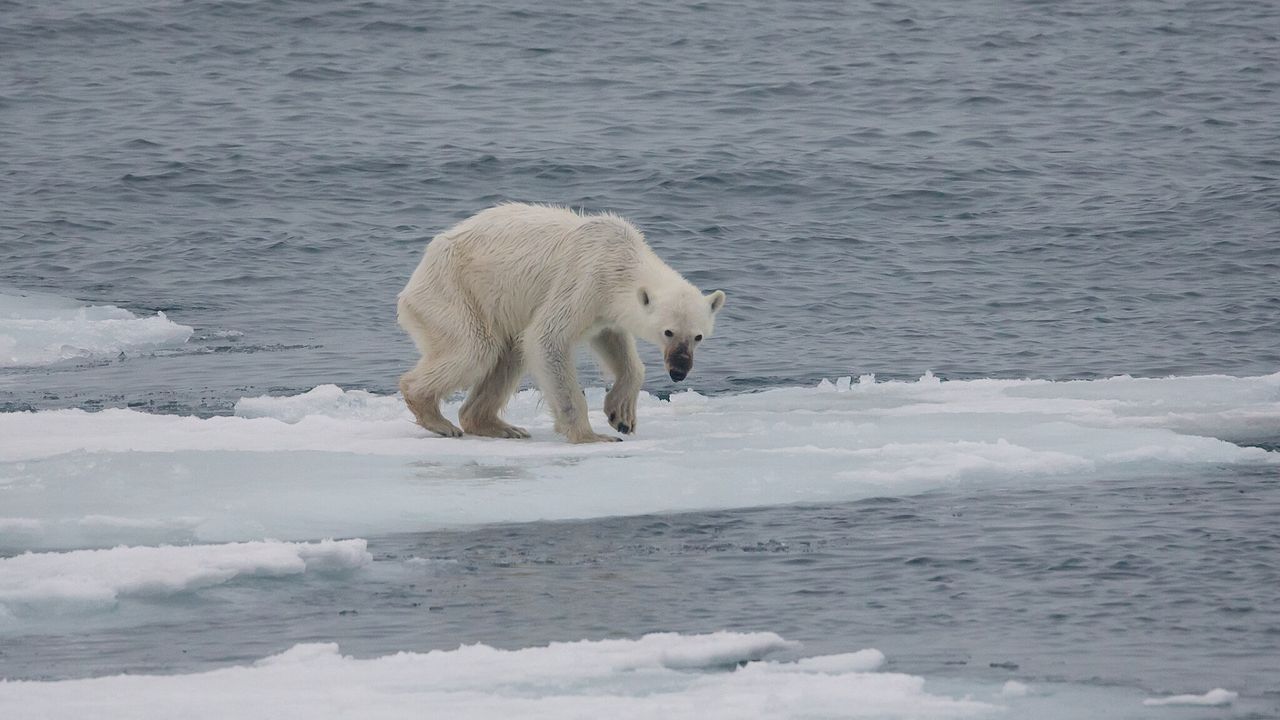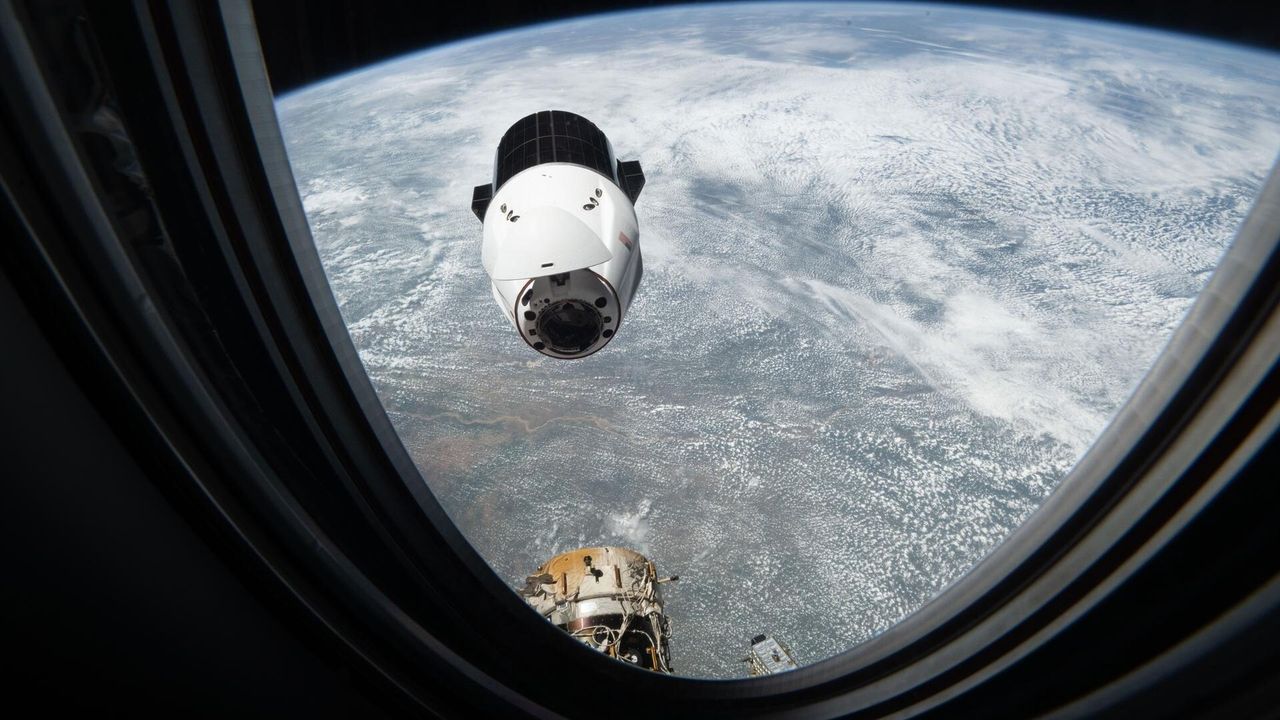AI voices are now indistinguishable from real human voices
PositiveScience

Recent advancements in AI technology have led to the creation of voices that are virtually indistinguishable from real human voices. This breakthrough is significant as it opens up new possibilities for various applications, from entertainment to customer service, while also raising important questions about authenticity and trust in digital communications.
— Curated by the World Pulse Now AI Editorial System







